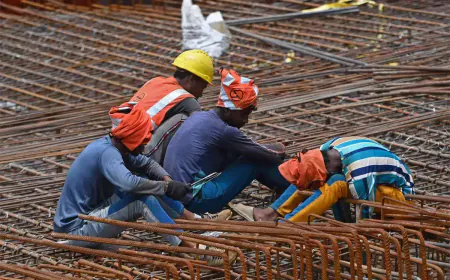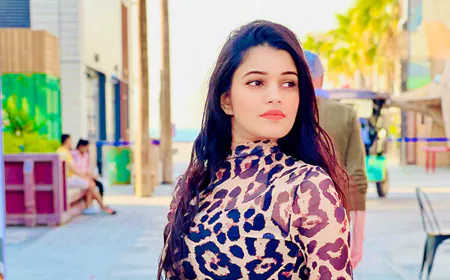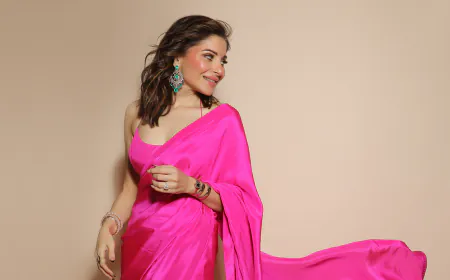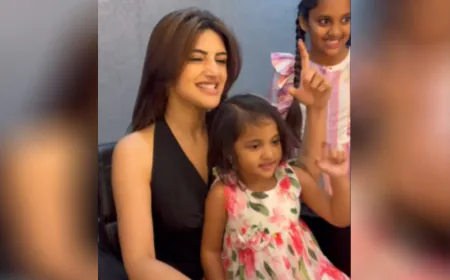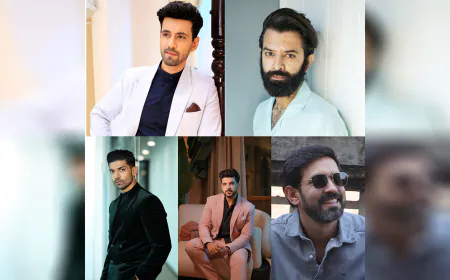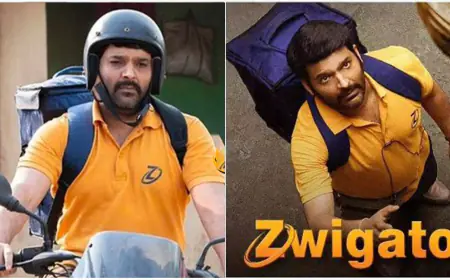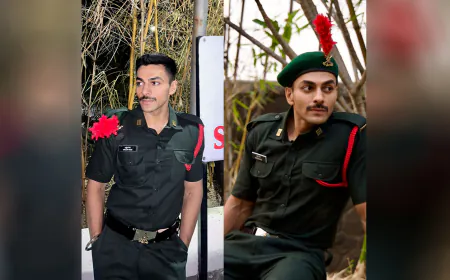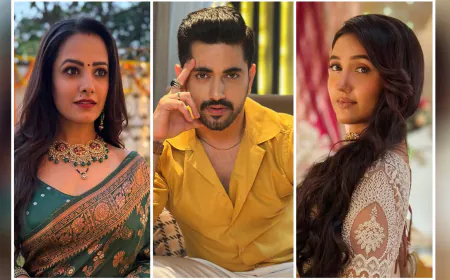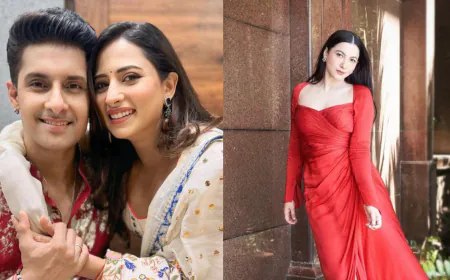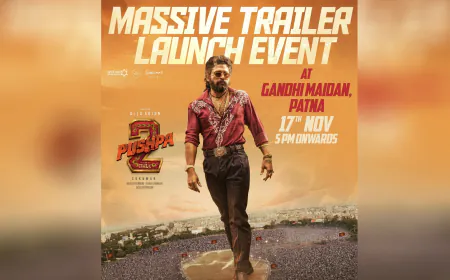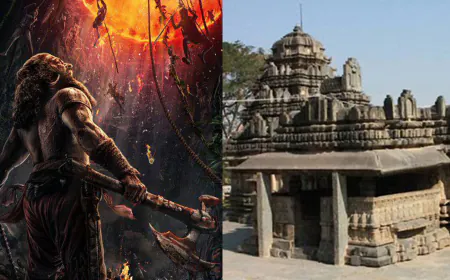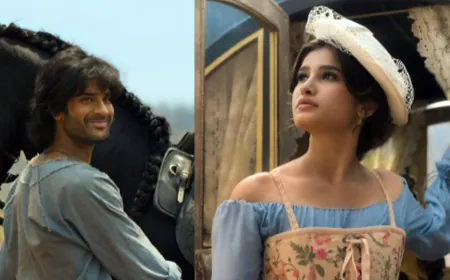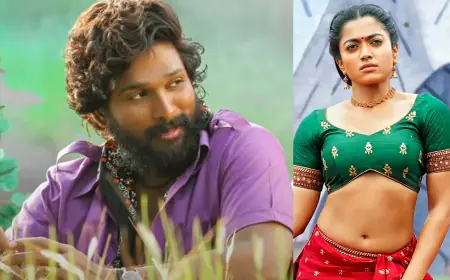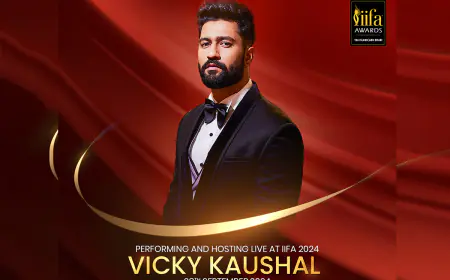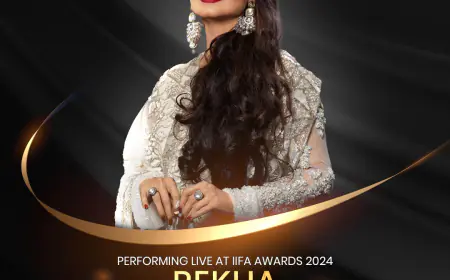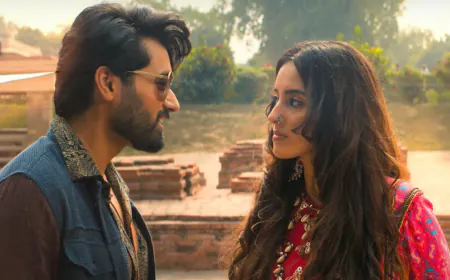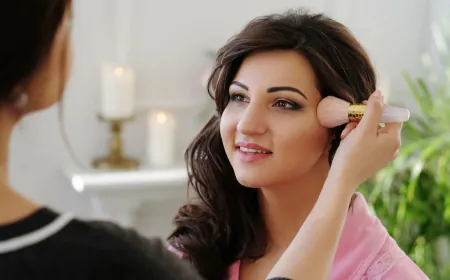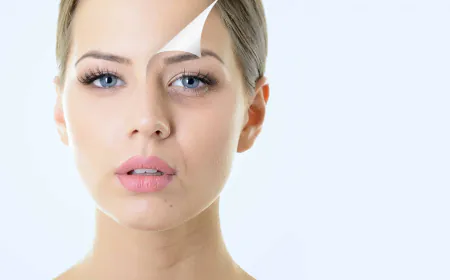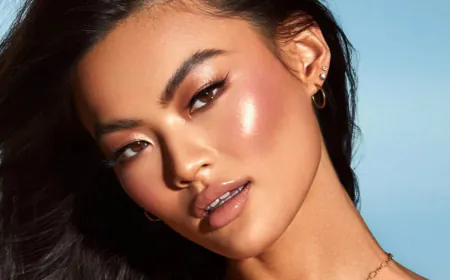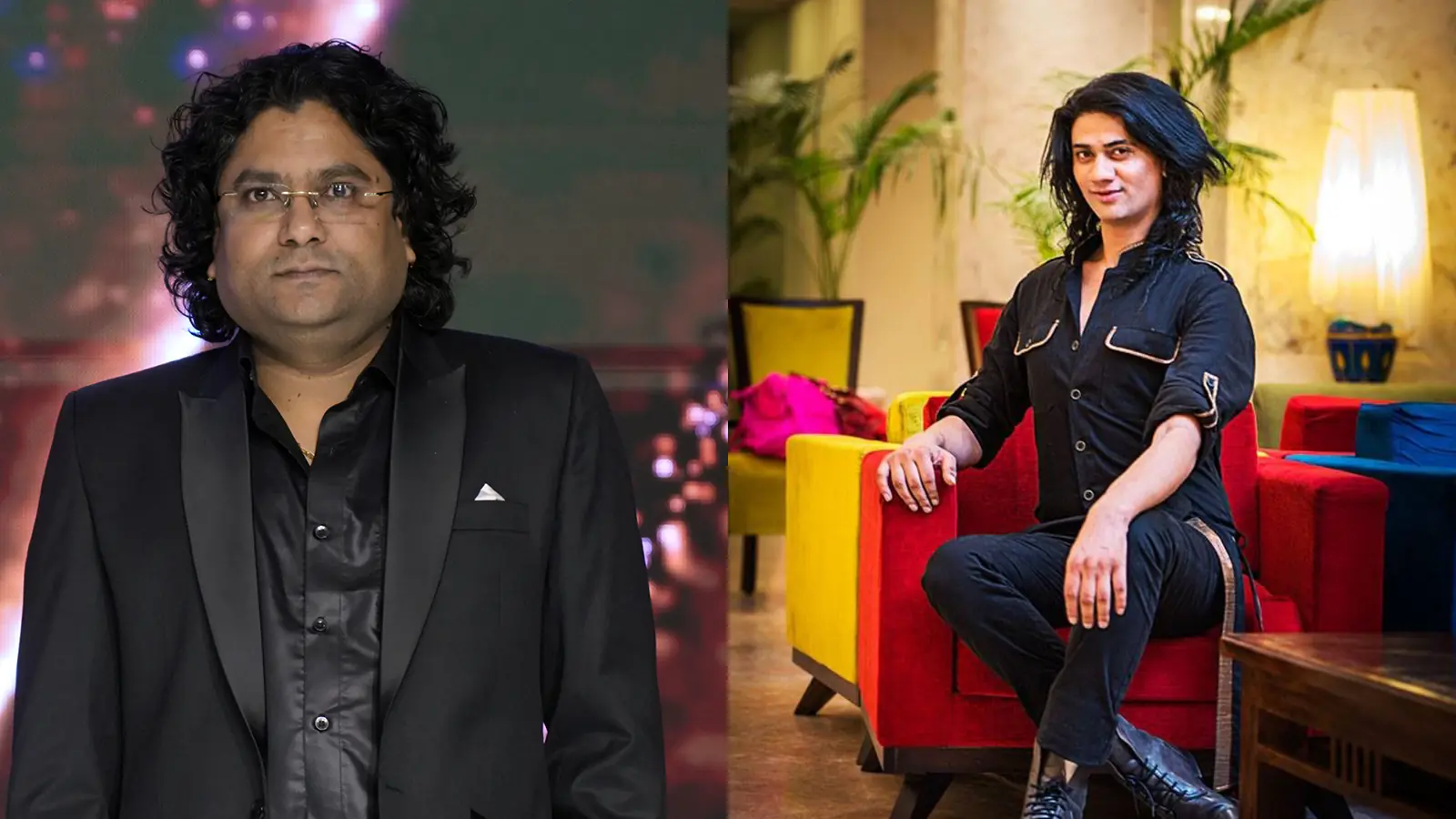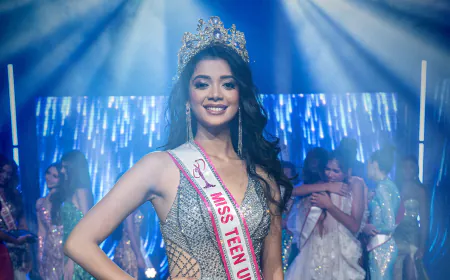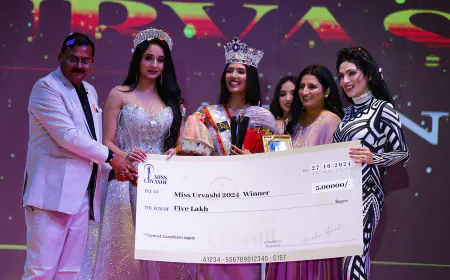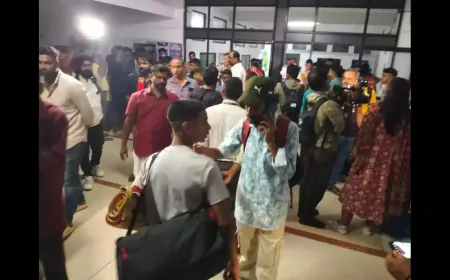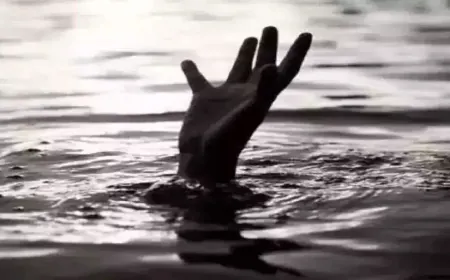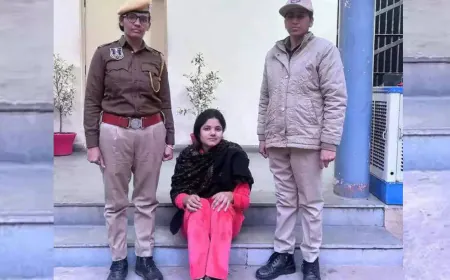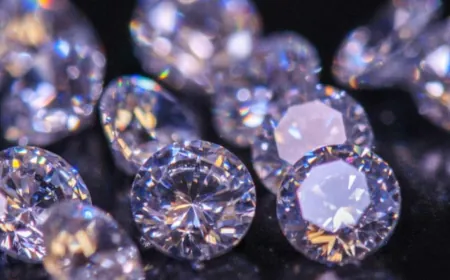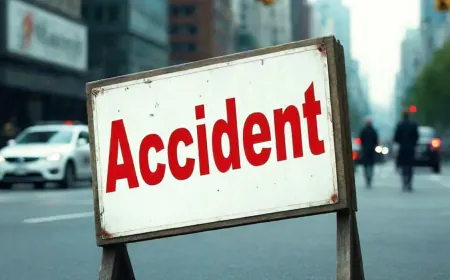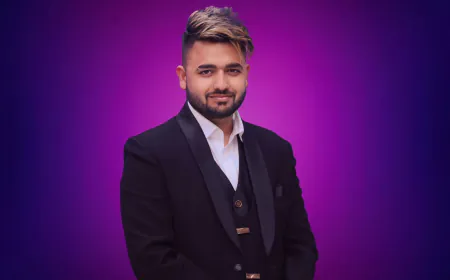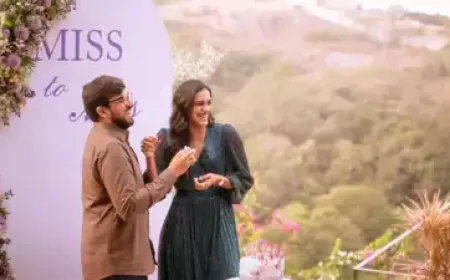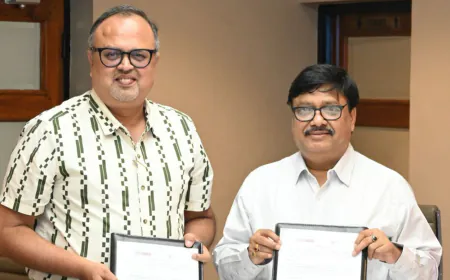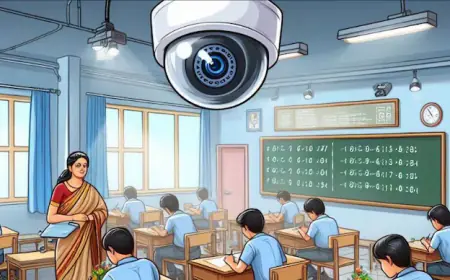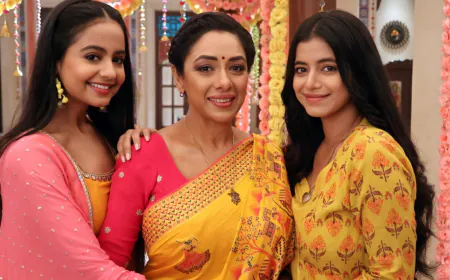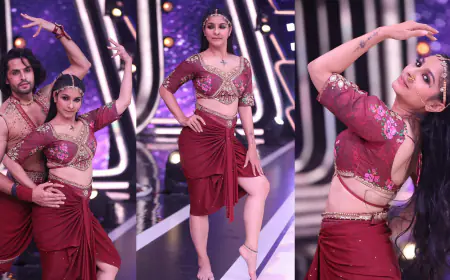Manjari Mishra: The journey towards LGBTQ+ acceptance in India is ongoing
While we have come a long way, we need to be more accepting to the members of the LGBTQ community, says actress Manjari Mishra.

While we have come a long way, we need to be more accepting to the members of the LGBTQ community, says actress Manjari Mishra. The actress, who has acted in the TV show Models, Gujarati film Fuleku and more recently Rocket Gang, adds that within our families too, we need to be more open.
“The journey towards LGBTQ+ acceptance in India is ongoing, and while progress has been made, there's still work to be done, especially within families where acceptance can vary. It's crucial for society to foster understanding and empathy towards individuals with different sexual orientations, creating safe spaces for open dialogue and support,” she says.
She adds, “For those struggling with their sexual orientation and fearing social stigma, support networks, counselling services, and community organizations can provide invaluable resources and assistance. Encouraging an inclusive and non-judgmental environment can help individuals feel more comfortable coming out and seeking support.”
Talking about when members of this community should confide their feelings to their loved ones, she says that it’s a personal choice. “Remaining in the closet can indeed feel like a safer option for some due to fear of rejection or discrimination. It's a deeply personal decision, and individuals should be supported in their own timing and process of coming out, if and when they choose to do so,” she says.
The actress adds that social media and films, shows are also doing their bit in raising awareness. “Social media has played a significant role in starting conversations and raising awareness about LGBTQ+ issues, providing platforms for sharing personal stories, advocacy, and education. Movies have the power to influence attitudes and perceptions, and some films have effectively raised awareness about LGBTQ+ issues in India. One such example is Aligarh, which sensitively portrays the struggles faced by a gay professor in a conservative society. I appreciated its nuanced approach and powerful performances, which humanized the LGBTQ+ experience,” she says.
She adds, “To create more awareness, continued efforts are needed in various sectors, including education, media representation, and policy advocacy. Schools can incorporate LGBTQ+-inclusive curriculum, media can feature diverse LGBTQ+ characters, and advocacy groups can work towards legal protections and social acceptance. Ultimately, it's about fostering empathy, understanding, and respect for all individuals, regardless of sexual orientation or gender identity.”
